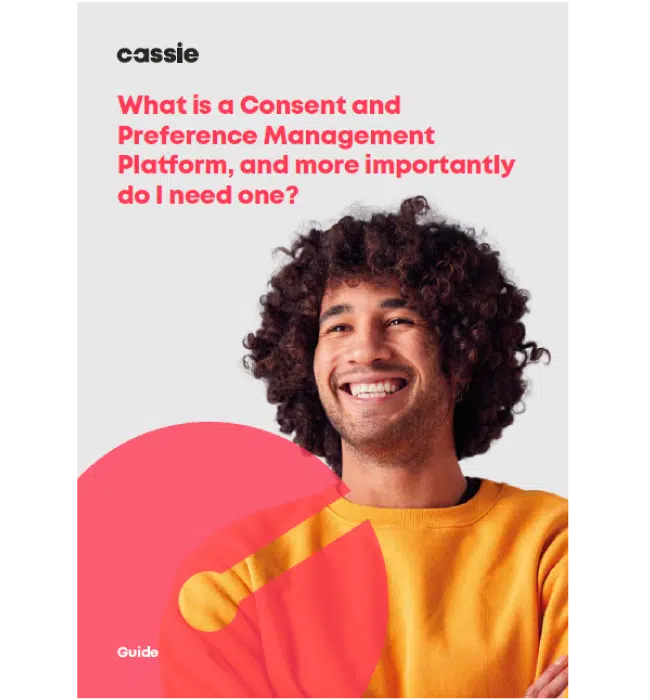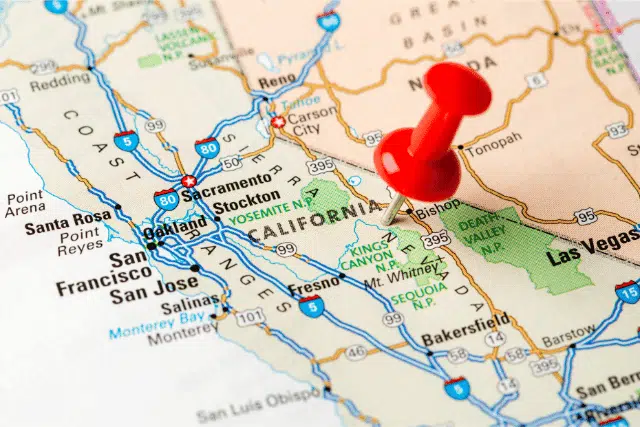An in-depth CCPA compliance guide
Posted: June 10, 2022
The California Consumer Privacy Act (CCPA) provides important protections for consumers within the state. To ensure compliance with this law, businesses must be aware of its requirements and take steps to protect consumer data. This guide will provide an overview of the CCPA and explain how businesses can become compliant.
- First, it’s important to understand the basics of the CCPA. The act outlines a number of rights that consumers have concerning their personal information, including the right to access what data is being collected about them and the right to delete or opt out of having their data used for certain purposes. Businesses must also provide clear notices regarding how they use customer data and provide customers with an easy way to exercise their rights.
- Second, businesses must take steps to ensure their privacy policies and practices comply with the CCPA. This includes making sure data is being collected and used in a transparent manner, updating all necessary privacy notices, providing customers with access to their information and giving them the right to opt out of sharing certain data. Additionally, businesses should review any third-party services they use to make sure they are compliant as well.
- Third, companies must be aware of how they handle requests from consumers who wish to exercise their rights under the CCPA. These requests must be responded to in a timely manner and procedures should be put in place for verifying customer identity before disclosing any personal information.
- Finally, businesses need to have systems in place to track and monitor compliance with the CCPA. This includes regularly auditing their practices and ensuring that any changes made are in accordance with the law.
By following these steps, businesses can ensure they are compliant with the CCPA and protect customer data.
The most important data privacy rights consumers have under CCPA
Consumers have the following rights under CCPA:
- The right to know
- The right of access
- The right to delete
- The right to opt out of the sale of personal information
- The right to non-discrimination
What are the penalties for non-compliance with CCPA?
If a business is found to be liable for a civil penalty under the CCPA, the amount will be:
- Up to $7,500 per intentional violation
- Up to $2,500 per unintentional violation
What is a consent management platform and how can it help risk and compliance teams?
Consent and Preference Management platforms (CMP) are designed to simplify data privacy compliance by providing an automated approach. It takes away the manual burden of figuring out what needs to be done for organizations to achieve GDPR/CCPA compliance. It also allows for a more comprehensive approach to compliance, as it can help teams identify potential risks and areas of improvement quickly and easily.
Why do risk and compliance teams choose Cassie as their CMP provider?
Risk and compliance teams have a very tough job. Their role is to ensure that their organization’s data and resources are managed responsibly and in accordance with legal requirements.
Cassie is the consent and preference management solution that powers sustainable, compliant revenue growth by building stronger customer relationships by respecting individual choices.
Manage compliance according to your business rules
Cassie has the flexibility to provide the data structure you need to ensure that your compliance journey never gets in the way of your business strategy.
Implement Cassie on your terms
Our teams work with you to map your business rules, integrate your systems, and compliance needs as you grow. With Cassie, there’s full configurability and the long-term peace of mind.
Go beyond CCPA compliance with Cassie
By going beyond compliance and actively championing protection and respect of customer data, you’ll build long-lasting trust. We believe respected customers spend more and become loyal brand advocates.

Want to learn more about consent and preference management?
Read our What is a Consent and Preference Management Platform (CMP) and more importantly do I need one? guide to learn about how a CMP can keep companies compliant, brands visible, and consumers in control of their personal information.
